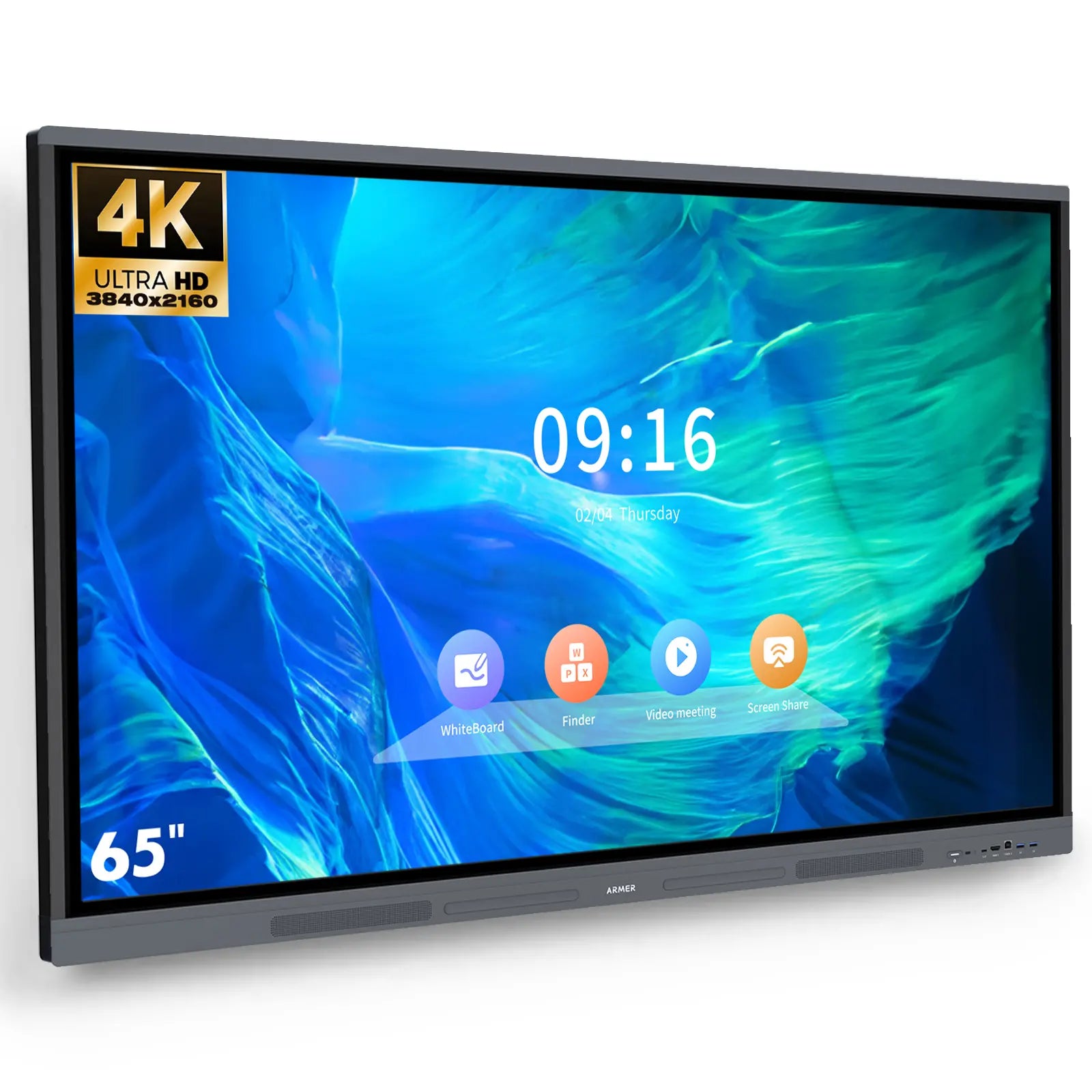What is RAM?
RAM stands for Random Access Memory. It's essentially your computer's short-term memory, responsible for storing data that the Central Processing Unit (CPU) needs to access quickly for the programs and tasks you're currently running.
How RAM Works?
RAM allows the CPU to read and write data directly, unlike storage drives like hard disks which are much slower. This enables smooth performance for open applications and active processes.
Unlike storage, RAM loses its data when the computer is turned off. That's why your open programs get cleared and need to be reloaded each time you restart.
The amount of RAM you have affects how many programs you can run simultaneously and how smoothly they operate. More RAM generally means better multitasking and less performance lag.












